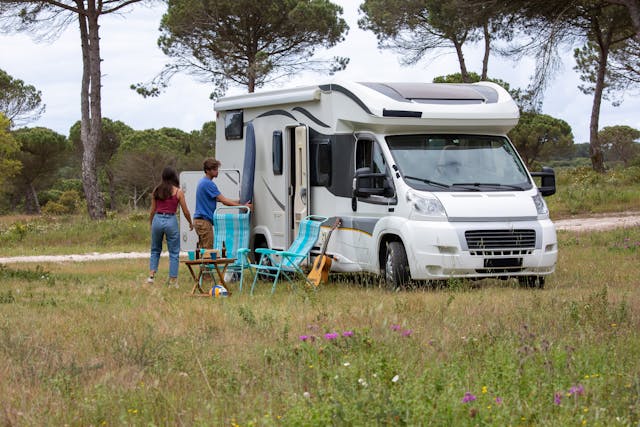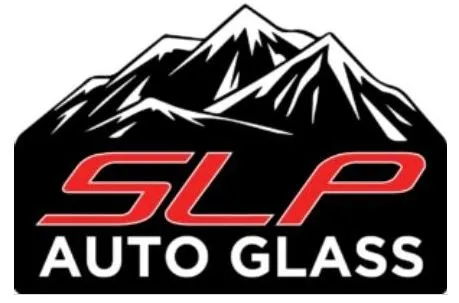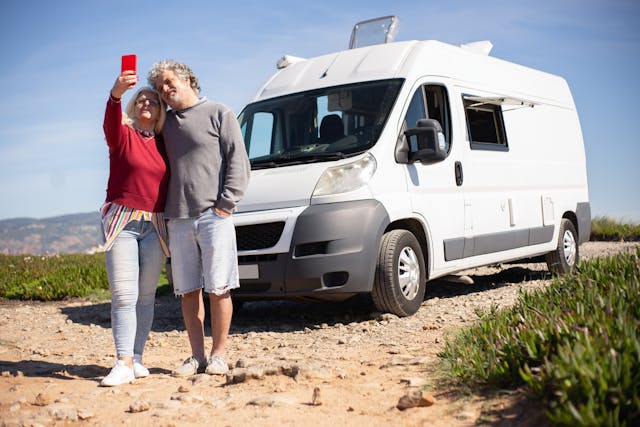AutoGlass replacement for vans and RVs involves unique challenges and considerations that distinguish it from standard car glass replacement. These vehicles serve diverse purposes—from transportation and delivery services in vans to providing a mobile living space in RVs. Their specific glass replacement needs are shaped by their design, usage, and the expectations of their owners for safety, visibility, and comfort.
Specialized Glass Requirements for Vans and RVs
The unique design of vans and RVs necessitates custom glass solutions that standard passenger vehicles don’t require. Given their varied uses, from commercial transportation in vans to mobile living spaces in RVs, the glass not only needs to fit perfectly but also adhere to higher safety and durability standards. This includes having the capability to withstand environmental stresses such as strong winds, heavy rain, and the constant vibration of long-haul travel. Moreover, the aesthetic aspect cannot be overlooked, as the glass significantly contributes to the vehicle’s overall look and feel.
- Custom Shapes and Sizes: RVs and vans often feature non-standard window shapes and sizes, requiring custom glass cutting and fitting.
- Safety Standards: The glass must meet specific safety standards, ensuring it can provide adequate protection against impacts.
- Durability Concerns: Given their extensive use, the glass should be able to withstand environmental elements and the rigors of the road.
- Aesthetic Considerations: Beyond functionality, the glass contributes to the vehicle’s visual appeal and must align with the owner’s aesthetic preferences.
Technical Expertise Needed for Installation
The installation of auto glass in vans and RVs is a procedure that demands a specialized set of skills and tools. The larger size and specific configuration of these vehicles make the process more complex than that for typical cars. An improper installation can lead to issues such as leaks, which can cause water damage inside the vehicle, or noise problems, detracting from the vehicle’s comfort. Professionals working on these vehicles must have a deep understanding of their structural nuances to ensure the glass is installed correctly, providing a perfect seal and integrating seamlessly with the vehicle’s design.
- Complex Installation Process: Larger glass panes in vans and RVs require advanced techniques for a secure and precise installation.
- Specialized Tools and Equipment: Handling and installing oversized glass panes necessitate the use of specialized tools to ensure safety and accuracy.
- Knowledge of Vehicle Structure: Installers must understand the unique structural characteristics of vans and RVs to ensure the glass supports the vehicle’s safety and functionality.
- Preventing Leaks and Noise: A perfect seal is crucial to prevent water ingress and reduce road noise, enhancing the vehicle’s comfort and longevity.
Impact of Auto Glass on Vehicle Functionality
Auto glass plays a crucial role in the overall functionality of vans and RVs, influencing factors such as insulation, energy efficiency, and noise reduction. High-quality, properly installed glass can significantly improve the thermal control within the vehicle, leading to lower energy consumption for heating and cooling. This is particularly important in RVs, where maintaining a comfortable living environment is essential. Additionally, the glass contributes to the vehicle’s aerodynamics, potentially improving fuel efficiency and reducing noise from wind resistance.
- Thermal Control and Energy Efficiency: Proper insulation provided by high-quality glass helps maintain interior temperature, reducing the need for excessive heating or cooling.
- Noise Reduction: Well-installed glass can minimize external noise, creating a quieter, more comfortable interior environment.
- Aerodynamic Benefits: The right auto glass can improve a vehicle’s aerodynamics, potentially enhancing fuel efficiency.
- Importance in RVs: For RVs, where comfort is paramount, the impact of glass on interior conditions is a critical consideration.
Safety and Compliance Considerations

The glass in vans and RVs is subject to stringent safety regulations to ensure the protection of passengers and compliance with legal standards. This includes the use of laminated glass for windshields, which holds together when shattered to prevent injury from sharp fragments. Side and rear windows also have to meet specific safety criteria, often requiring tempered glass, which crumbles into small, rounded pieces that are less likely to cause harm. Compliance with these regulations is not just about meeting legal requirements; it’s about ensuring the highest level of safety for occupants.
- Laminated Glass for Windshields: Ensures the glass holds together upon impact, protecting occupants from flying shards.
- Tempered Glass for Side and Rear Windows: Breaks into smaller, less harmful pieces, reducing injury risk in an accident.
- Compliance with Safety Regulations: Adhering to legal standards is crucial for both safety and legal operation of the vehicle.
- Role in Occupant Protection: High-quality auto glass is a critical component in the overall safety strategy of vans and RVs, protecting occupants from external impacts and accidents.
Challenges with Advanced Driver-Assistance Systems (ADAS)
Modern vans and RVs are increasingly equipped with ADAS, enhancing safety and driving ease but also complicating the auto glass replacement process. Cameras and sensors integrated into the windshield and other windows necessitate careful handling and, often, recalibration after glass replacement. This recalibration is crucial to ensure that safety features like automatic emergency braking, lane keeping assistance, and adaptive cruise control function correctly. Service providers must have the necessary technical expertise and equipment to recalibrate these systems, ensuring the vehicle’s safety features are fully operational post-replacement.
- Integration of ADAS: Many modern vehicles incorporate ADAS features that rely on sensors mounted on the windshield and windows.
- Recalibration Requirements: After replacement, it’s often necessary to recalibrate ADAS to ensure proper functionality.
- Technical Expertise and Equipment: Service providers must possess the knowledge and tools to accurately recalibrate ADAS systems.
- Maintaining Safety Features: Proper recalibration ensures that critical safety features continue to protect the vehicle’s occupants.
Long-Term Durability and Maintenance
For owners of vans and RVs, ensuring the long-term durability of auto glass is a priority, given the significant investment these vehicles represent. High-quality glass and expert installation can greatly extend the lifespan of auto glass, resisting common road hazards like debris impacts, severe weather, and the stresses of frequent travel. Regular maintenance, including cleaning and inspections, can help identify potential issues early, preventing minor damages from escalating into major problems that require full replacement.
- Investment in Quality: Choosing high-quality glass and professional installation pays off in the form of longer lifespan and better performance.
- Resistance to Road Hazards: Durable auto glass can withstand impacts from road debris, harsh weather conditions, and the wear and tear of travel.
- Regular Maintenance and Inspections: Keeping the glass clean and conducting regular inspections can help catch and address issues before they require major repairs.
- Preventive Care: Simple steps, like parking in shaded areas to avoid excessive heat and using proper cleaning techniques, can extend the life of auto glass.
Addressing the specific needs of vans and RVs in terms of auto glass replacement requires a comprehensive understanding of these vehicles’ unique requirements. From technical expertise in installation to the integration of modern safety systems, the challenges are significant but surmountable with the right knowledge and approach. Ensuring safety, compliance, and long-term durability are paramount for owners, underscoring the importance of choosing skilled and experienced service providers.

